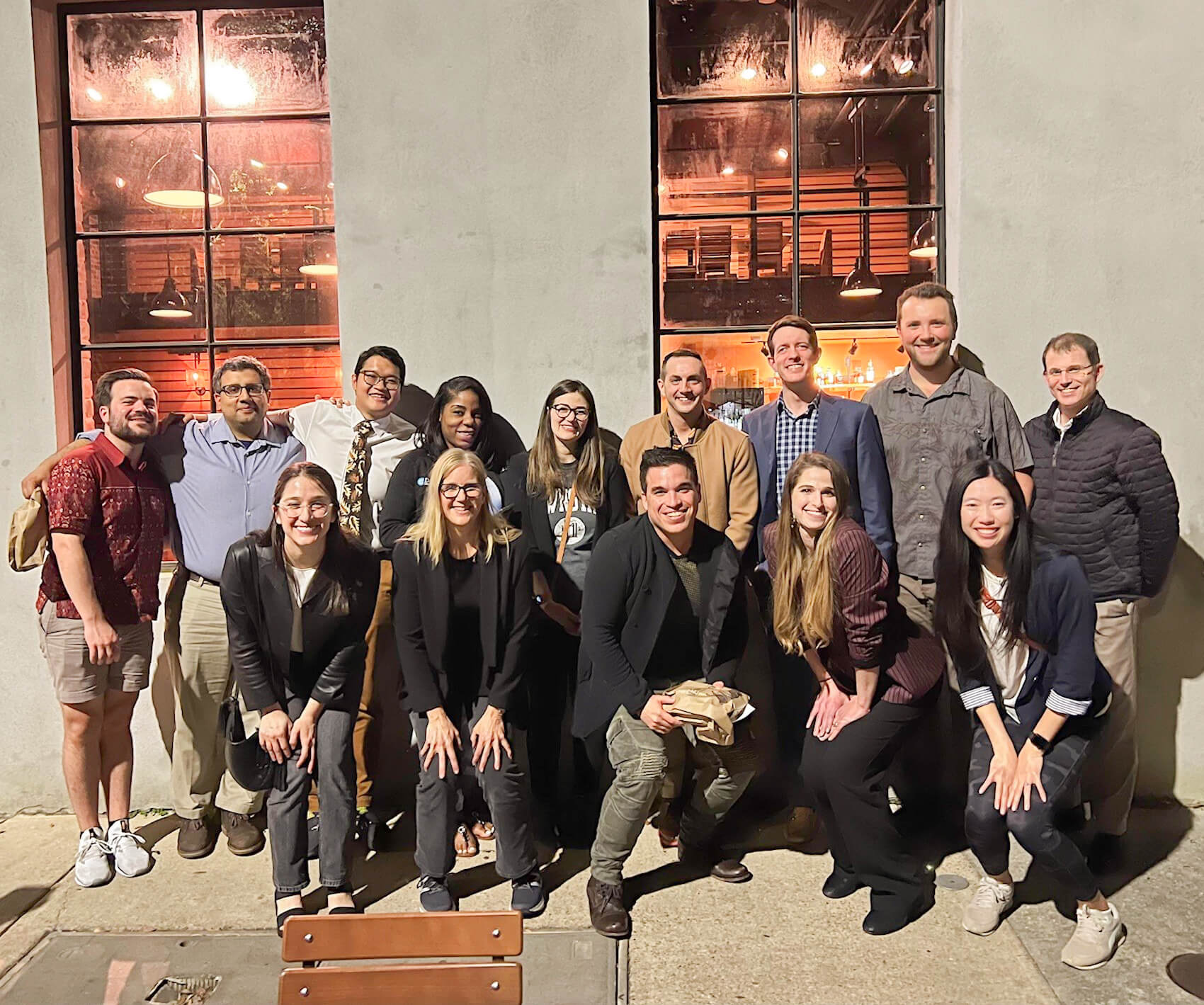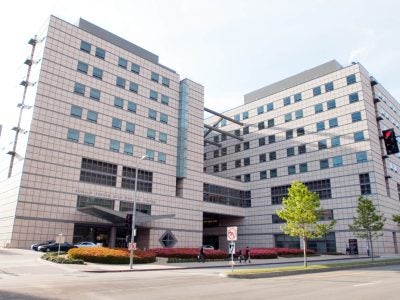Our Program
The UCLA (University of California, Los Angeles) Geriatric Psychiatry Fellowship is a one-year, ACGME-accredited PGY-V fellowship which provides state-of-the-art, advanced training in geriatric psychiatry. The extensive, geriatric psychiatry faculty at UCLA and at the Greater Los Angeles VA Affiliate, are committed to the training and mentorship of the Fellows through clinical care, medical education, and research. The UCLA Geriatric Psychiatry Fellowship program provides ongoing mentorship from its many, outstanding academic faculty.

Our Fellowship Locations

UCLA Medical Center

Greater Los Angeles VA Healthcare Center

